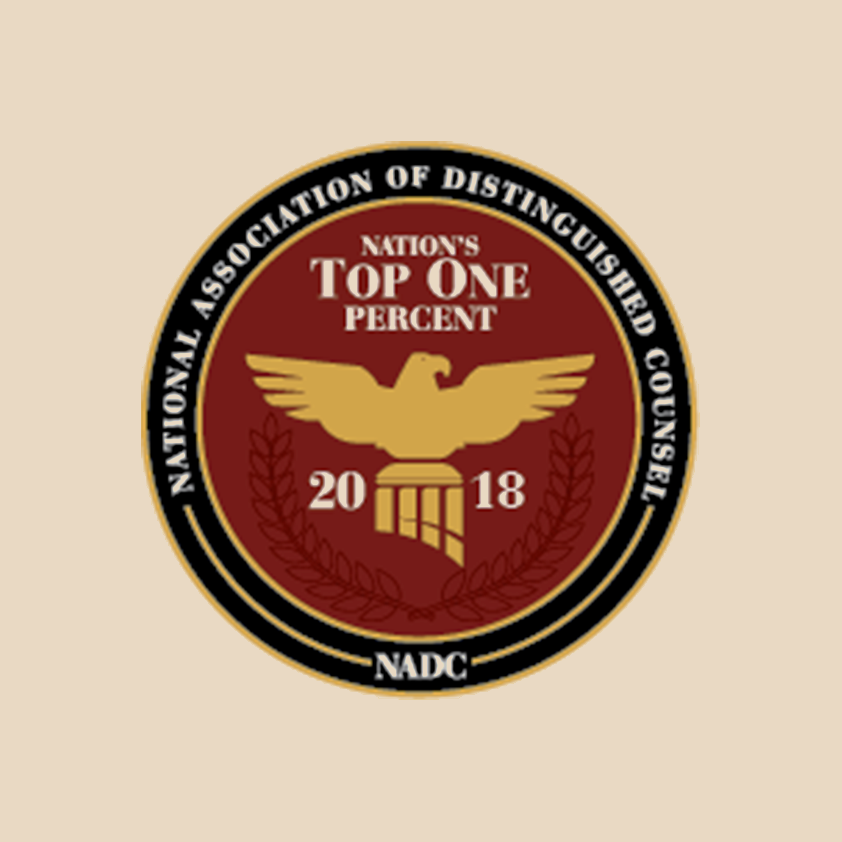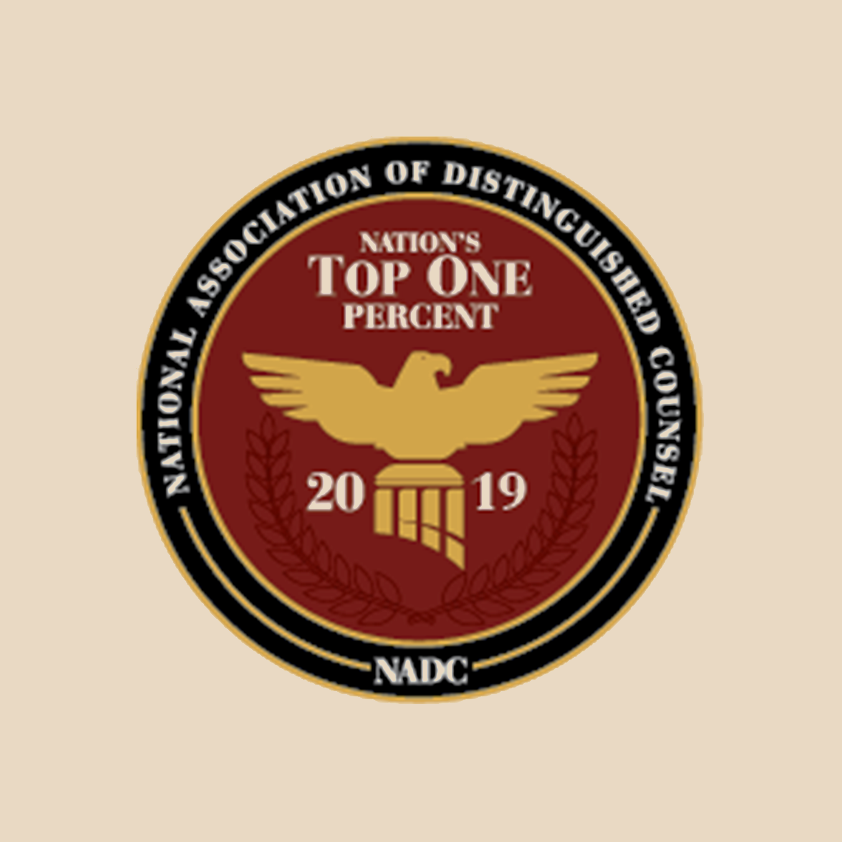
AREAS OF PRACTICE
Trusted, proven, and dedicated Counsel
Stockmann Law offers top-tier legal defense for most Nebraska charges, serving beyond state lines. With over 20 years of experience and strong relationships within the Nebraska legal system Dan Stockmann provides affordable, uncompromising legal defense with your interests in mind.
Specializing in Drug CHarges, Interstate Drug Charges, DUI
or call 402•884•1031
Experienced, knowledgeable and dependable legal representation.
remarkable track record for getting cases dismissed and keeping clients out of jail
skilled at predicting the tricks and tactics law enforcers and prosecutors will use
State Drug CHarges
In Nebraska, drug crimes cover a range of offenses involving controlled substances, from illegal street drugs like heroin and cocaine to prescription medications like Xanax and Vicodin. These substances are regulated by the government. Depending on the type of drug and the situation, a person might face different charges, such as possession or trafficking.
-
Cocaine
Cocaine refers to the powder or crystal form of the crystalline tropane alkaloid obtained from the cocoa plant. If you are in possession of even just a trace amount of cocaine, it could result in $10,000 in fines and up to 5 years in prison.
Crystal Meth
Methamphetamine is a neurotoxin and potent psychostimulant of the amphetamine class, categorized by the U.S. government as a dangerous Schedule II drug. Penalties related to crystal meth possession can result in up to $10,000 in fines and up to 5 years in a state prison.
Cultivation
Cultivation is similar to the charge of manufacturing, but instead of a synthetic chemical based process, it involves the growth and production of the plants to make these illegal substances. There must be an intent to grow and sell these products and can merge into manufacturing, distributing and selling charges.
Delivery of a Controlled Substance
You can be charged with delivery of a controlled substance not only for the actual transfer from one person to the other, but also for the attempt to do so. If the possessed amount of a controlled substance is found to be greater than what would normally be considered by the state as personal use, then the charge increases to an attempt to transfer and is punishable as an actual, completed delivery (“constructed delivery”) with much harsher sentencing.
Distribution
A person commits the crime of unlawful distribution of a controlled substance if a person furnishes, gives away, or delivers a controlled substance. Distribution can be a Class III or Class II felony depending on the type of substance involved and does carry the potential for a lengthy prison sentence.
Ecstasy
MDMA, otherwise known by its street name ecstasy, is an empathogenic drug of the amphetamine and phenethylamine class. An individual can receive is up to $25,000 in fines and up to 50 years in state prison for ecstasy related charges.
Heroin
The sale or possession of the opiate heroine is strictly prohibited, and may carry penalties of a felony charge that entail stiff prison sentences. The penalties vary depending on the amount of heroin being sold, distributed or used. Any drug crimes related to heroin can be considered federal offenses and if the individual is guilty of trafficking the drug, they can be taken to federal court.
Interstate Drug Traffic Charges
Using the interstate system, drug traffickers and Mexican cartels have imported huge amounts of illegal controlled substances across the United States. Drug trafficking is branded a felony, and carries with it hefty fines that reach $25,000, mandatory minimum sentences, and maximum sentences that can carry life in prison in certain circumstances. These factors are determined by the type of drug and the quantity seized.
Marijuana
Cannabis, commonly known as marijuana, is hallucinatory substance, whose charges for possession, cultivation, and distribution are usually considered by most people to be minor. This is a mistake, however, as possession with intent to distribute marijuana could result in up to 20 years in prison. If the individual has any previous drug criminal charges, it could result in even greater penalties.
Manufacturing
Manufacturing controlled substances, such as marijuana or methamphetamine, is the illegal act of an individual’s involvement in any step of the drug making process. Those who sell the needed precursor chemicals, specializing equipment, or offer assistance in the production of illegal drugs may be charged also.
Possession of a Controlled Substance
Willfully possessing controlled substances such as marijuana, methamphetamine, cocaine, LSD, "club drugs," and heroin is illegal. Possession charges could also be considered for "precursor" chemicals used in drug cultivation and manufacturing, as well as certain accessories related to drug use. Drug possession laws vary according to drug type, amount, and geographic area of the offense.
Possession with Intent to Deliver
Trafficking, or the distribution of controlled substances, is often termed "possession with intent to deliver." In order for a prosecutor to prove a case for drug trafficking or distribution, they must show beyond a reasonable doubt that the defendant manufactured, grew or obtained an illegal drug and then delivered it to another person or intended to deliver it to another person.
Prescription Drugs
These controlled substances—such as prescription narcotic painkillers, heroin, morphine, marijuana, methadone, and other highly addictive drugs—were intended to be solely regulated by the government. In the hands of drug abusers, however, they become dangerous Schedule I and Schedule II drugs. While penalties are sentenced according to the exact type of prescription drug, it is certain that authorities do not take possession or distribution lightly.
Prescription Fraud
The charge of prescription fraud consists of misrepresenting yourself to a doctor, doctor shopping, or being dishonest when obtaining a controlled substance. Prescription fraud may well be brought down on physicians who prescribe drugs without a legitimate purpose, as well. It can result in imprisonment and fines, but it depends upon exact substance that was being abused.
Sale of Drugs
The sale of drugs is commonly referred to as “drug dealing,” and is defined as the sale of a controlled substance—which may be punishable at the federal level. The conviction imposes significant consequences for anyone who violates the law on this matter, and more so as it applies to selling drugs to minors.
Trafficking
Trafficking means the distribution of illegal controlled substances across borders into another county, but can also be penalized or compounded with other charges, such as selling, transportation, and illegal importing. The punishment for drug trafficking is very severe and can vary widely depending on the type and amount of drug involved, geographic area of distribution, and whether death or injury was involved.
Transportation of a Controlled Substance
To “transport” drugs means to physically move them from one place to another, even if the distance is a short one. Illegal drugs can be transported by foot, bicycle, car, plane, or any other means. Legislature differentiates between the intent to sell or distribute, saying “moving is all that is required.” The increased penalty of transportation is intended to discourage sales and purchases.
-
Penalties can vary widely based on factors like the offense, where it occurred, and the person's criminal history, if any.
Federal
Drug CHarges
Facing charges of federal drug crimes can indeed be overwhelming and distressing. With our expertise in criminal drug defense, we can negotiate with prosecutors and strive for the most favorable outcome in your case. Even if innocence cannot be proven, we can potentially secure alternative agreements to avoid incarceration. You can rely on Stockmann Law to fiercely advocate for your rights and pursue the best possible resolution for your situation.
-
Federal drug crimes are aimed at combating controlled substance abuse and distribution, with each state and the federal government having distinct drug laws and enforcement strategies. While state drug arrests often focus on possession charges, particularly for marijuana, federal convictions primarily target trafficking. Federal charges generally carry harsher punishments, including longer sentences, compared to state arrests, which often result in probation, short jail terms, or fines, depending on the circumstances and the accused individual's criminal history and age.
-
Federal drug crimes carry penalties categorized by the nature of the offense:
Distribution and Trafficking: Involves selling, delivering, or providing controlled substances illegally. The severity of the sentence depends on the quantity of drugs involved, with mandatory minimum sentences of 5 or 10 years possible.
Manufacturing: Charges may result from cultivating or producing controlled substances. This includes growing marijuana or synthesizing drugs like cocaine. Similar to distribution, manufacturing convictions can lead to mandatory minimum sentences of 5 or 10 years, depending on the quantity.
Possession: The most common drug charge, involving the possession of a controlled substance. If possession suggests intent to distribute due to quantity, it may lead to felony charges. Penalties vary based on factors such as the type of substance seized.
Convictions in any of these categories often result in property forfeiture, such as vehicles used in drug-related activities, and may lead to the loss of federal benefits such as student loans and professional licenses.
-
Federal drug crimes cases carry significant consequences and demand a robust defense strategy. Each case is intricate and necessitates tailored approaches. A common defense, particularly in drug possession charges, involves asserting that law enforcement breached search and seizure laws during detainment and evidence collection. If a defendant, often represented by a criminal defense attorney, can demonstrate a violation of their Fourth Amendment rights, the evidence may be deemed inadmissible in court. This underscores the importance of skilled legal representation in federal drug crime cases.
Interstate drug CHarges
Since 2015, out of 228 I-80 drug cases that Stockmann Law handled, 86% resulted in no jail time.
For interstate drug crime defense, we can employ various strategies to challenge evidence, including contesting search warrants and exposing police errors. We will negotiate with prosecutors for sentencing options and may advocate for substance abuse programs in federal cases. Our goal is to protect our clients' rights and achieve the most favorable outcomes possible.
-
Interstate drug stops, whether lawful or not, are a reality for some drivers traveling across state lines. As the quantity of drugs you're accused of possessing increases, so do the associated penalties, often termed as "trafficking" for larger quantities.
-
Interstate drug trafficking involves the illegal transportation of controlled substances, including marijuana, cocaine, heroin, methamphetamine, and others, across state lines.
-
An interstate drug stop can lead to serious consequences, impacting various aspects of life. Even minor convictions can affect employment, finances, and property. Charges like possession with intent to distribute carry significant penalties, including lengthy prison terms and substantial fines. Both federal and state laws outline specific penalties based on the type and quantity of drugs involved. For instance, possession with intent to distribute marijuana may result in up to a 20-year sentence for first offenses, while convictions involving harder drugs like heroin or cocaine can lead to sentences of up to 50 years or life imprisonment.
Convictions for felony interstate drug trafficking charges typically lead to severe penalties, including hefty fines and mandatory prison sentences. Possessing even a trace amount of drugs like ecstasy, cocaine, or methamphetamine can result in up to 5 years in prison and a $10,000 fine. Larger quantities or prior convictions can escalate penalties to up to 50 years or life imprisonment, with fines potentially reaching $25,000. If prosecutors establish intent to distribute, penalties can become even more severe.
-
For individuals involved in an interstate drug stop, navigating the legal terrain can be bewildering, especially concerning the legality of the arresting officer's actions and potential infringements of rights. The crux of the prosecution's case typically rests on the confiscated drugs. A skilled defense attorney can file motions to suppress this evidence if procedural errors occurred during the search. Without this crucial evidence, the prosecution's case may lack support, potentially leading to reduced or dismissed charges.
For individuals involved in interstate drug trafficking, defense attorneys have various strategies to challenge evidence, including contesting the issuance and execution of search warrants and exposing police errors. They can also negotiate with prosecutors to explore sentencing options and potentially reach agreements. In federal drug trafficking cases with harsher penalties, attorneys may pursue substance abuse programs for defendants, aiming to set aside convictions and sentences. These lawyers employ comprehensive approaches to protect their clients' rights and seek the most favorable outcomes possible.
DUI CHARGES
Whether you have been charged with misdemeanor DUI or a felony DUI, Stockmann Law has the expertise to navigate your DUI case through the court system. We will help you to take on all aspects of the case, including looking into blood tests, breath tests, field sobriety testing, calibration, DUI checkpoints, and other issues surrounding your traffic stop.
-
Most Nebraska DUI arrests will end up being misdemeanor charges, especially for a first offense. However, cases that involve serious injuries, deaths, or are multiple offenses, can bring felony charges.
Primarily, the third time you are arrested and charged with a DUI will result in a felony, depending on the BAC that you blew at the time of your arrest. If you test over a .15 percent to be charged with a Class IIIA felony. A third DUI doesn’t automatically make it a felony DUI, but it is more likely to be that serious, and could result in a max prison sentence of 20 years.
If you have been charged for a fifth time with a DUI, regardless of what you blow, it is considered a Class IIA felony.
WE ALSO HANDLE CASES PErtaining TO:
Weapons Charges
Robbery
Unlawful Carrying Of A Concealed Weapon
Wire Fraud
Blackmail
Embezzlement
Felony Assault
Interstate Drug Stop
Interstate Drug Trafficking
Canine Drug Searches
or call 402•884•1031

Still Have Questions?
Everyone needs help through challenging circumstances, you can trust us to provide affordable, uncompromising legal defense with your interests in mind.
Call us at 402•884•1031














